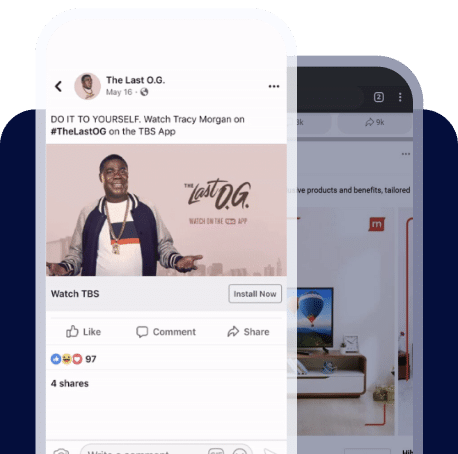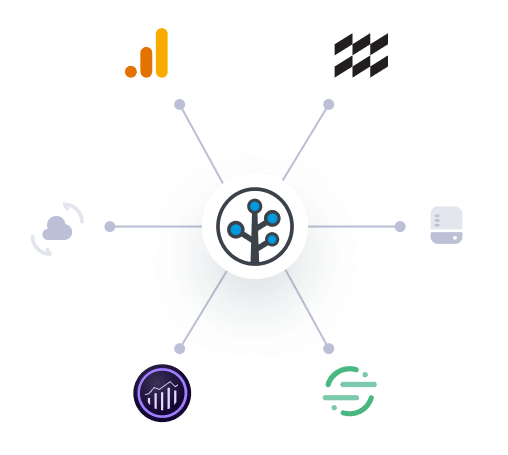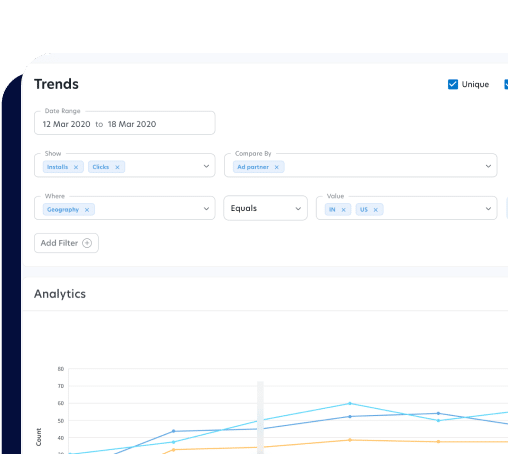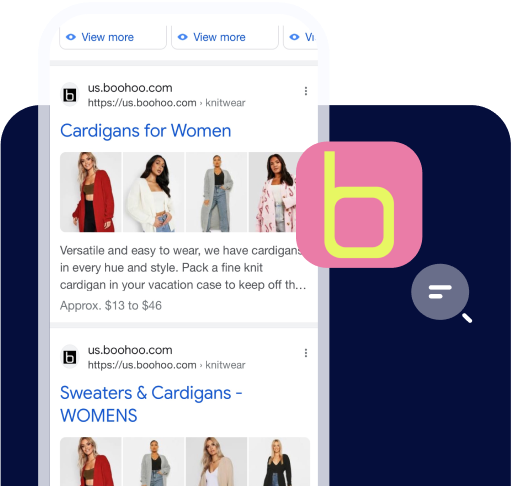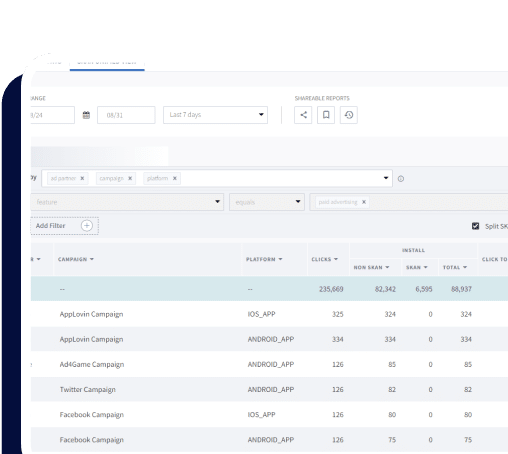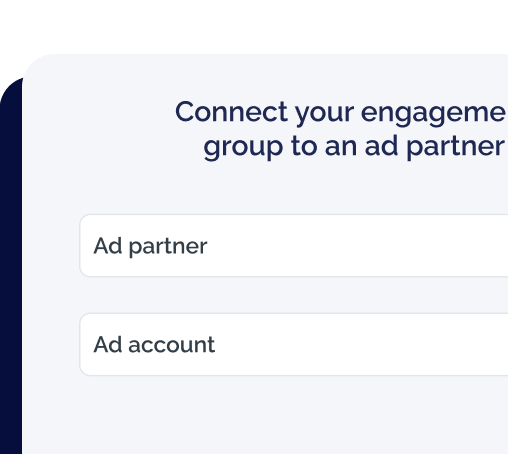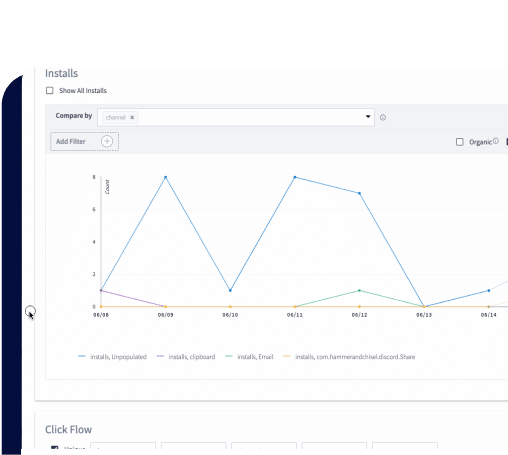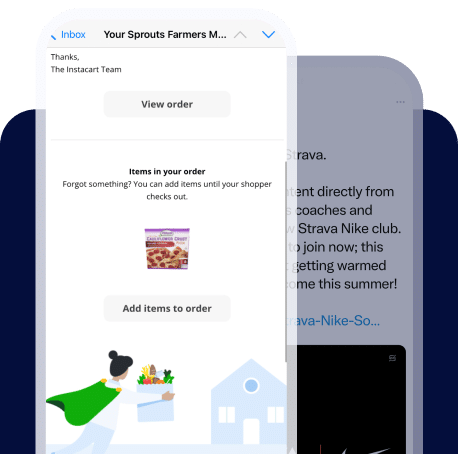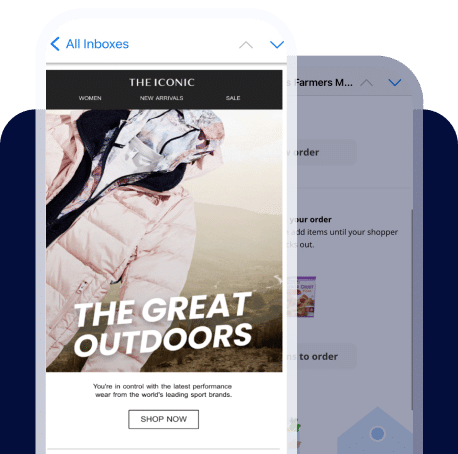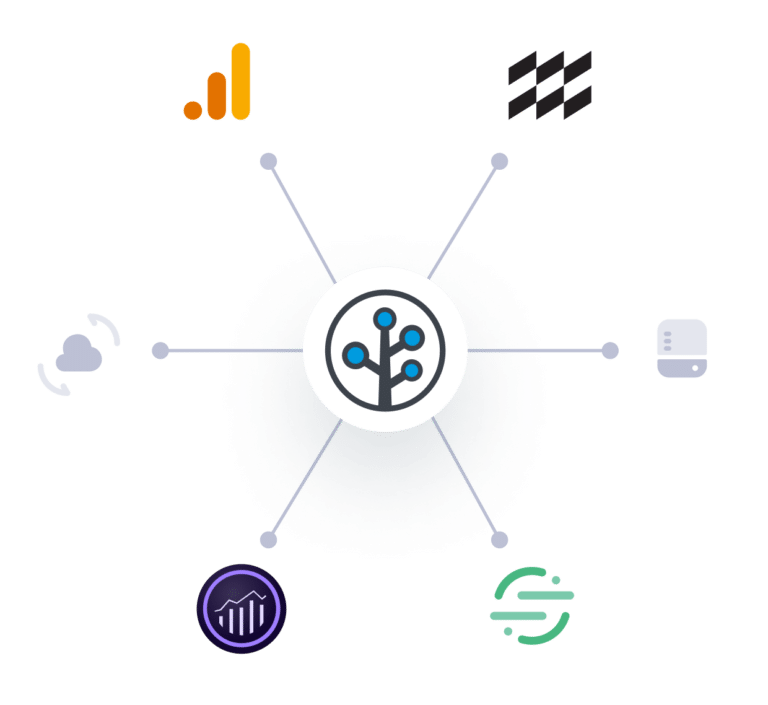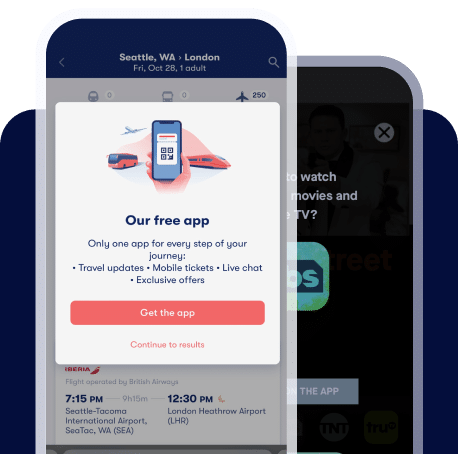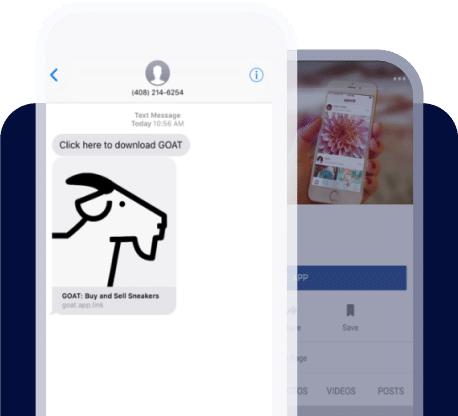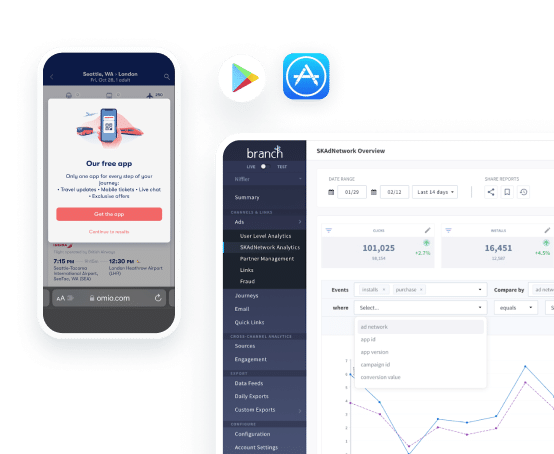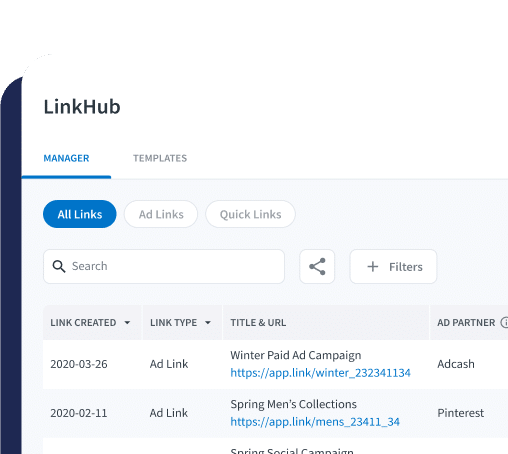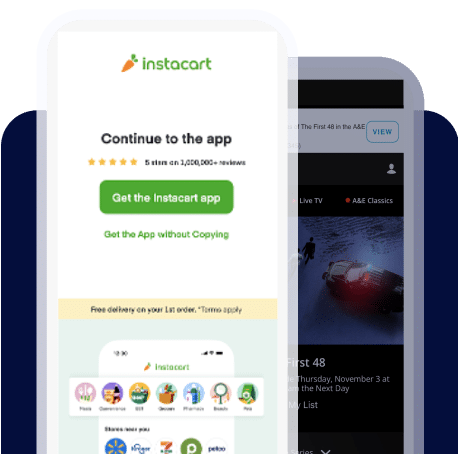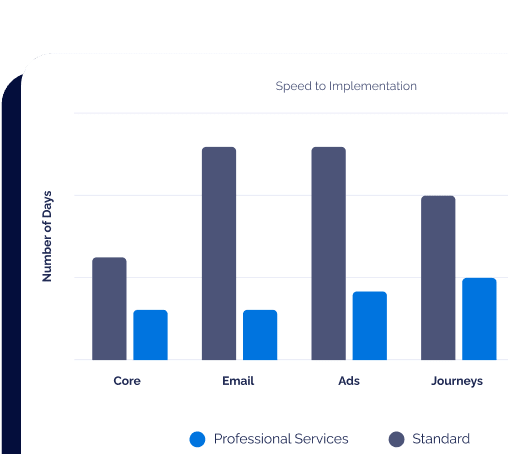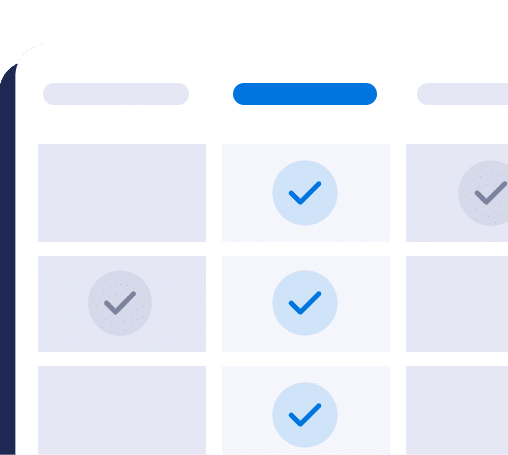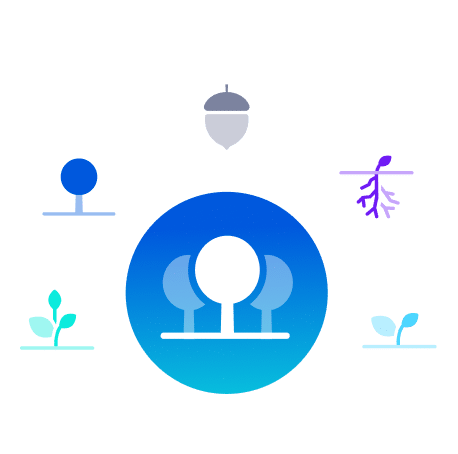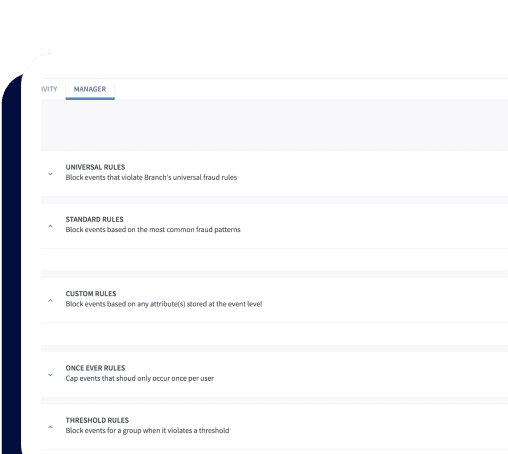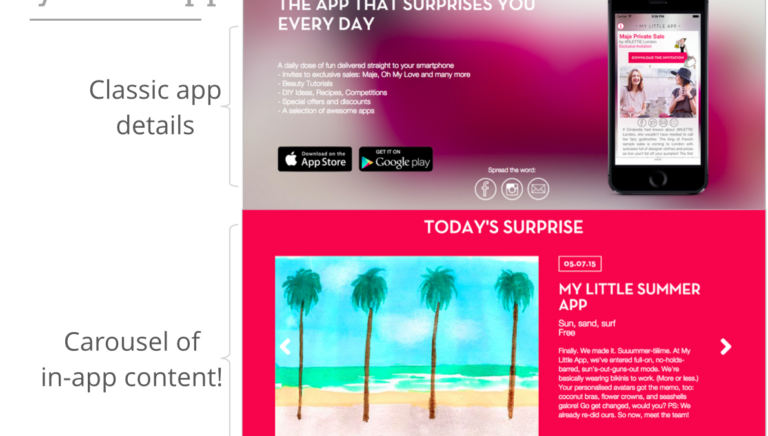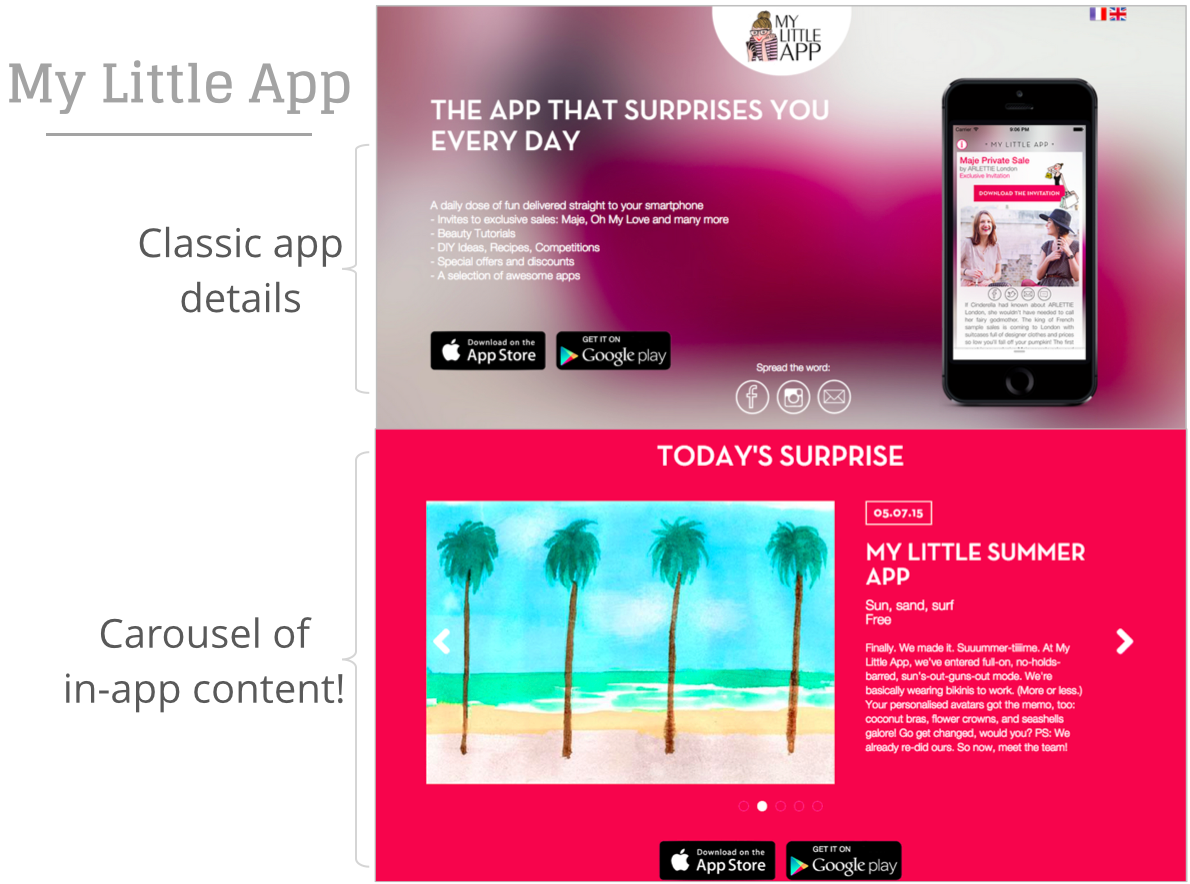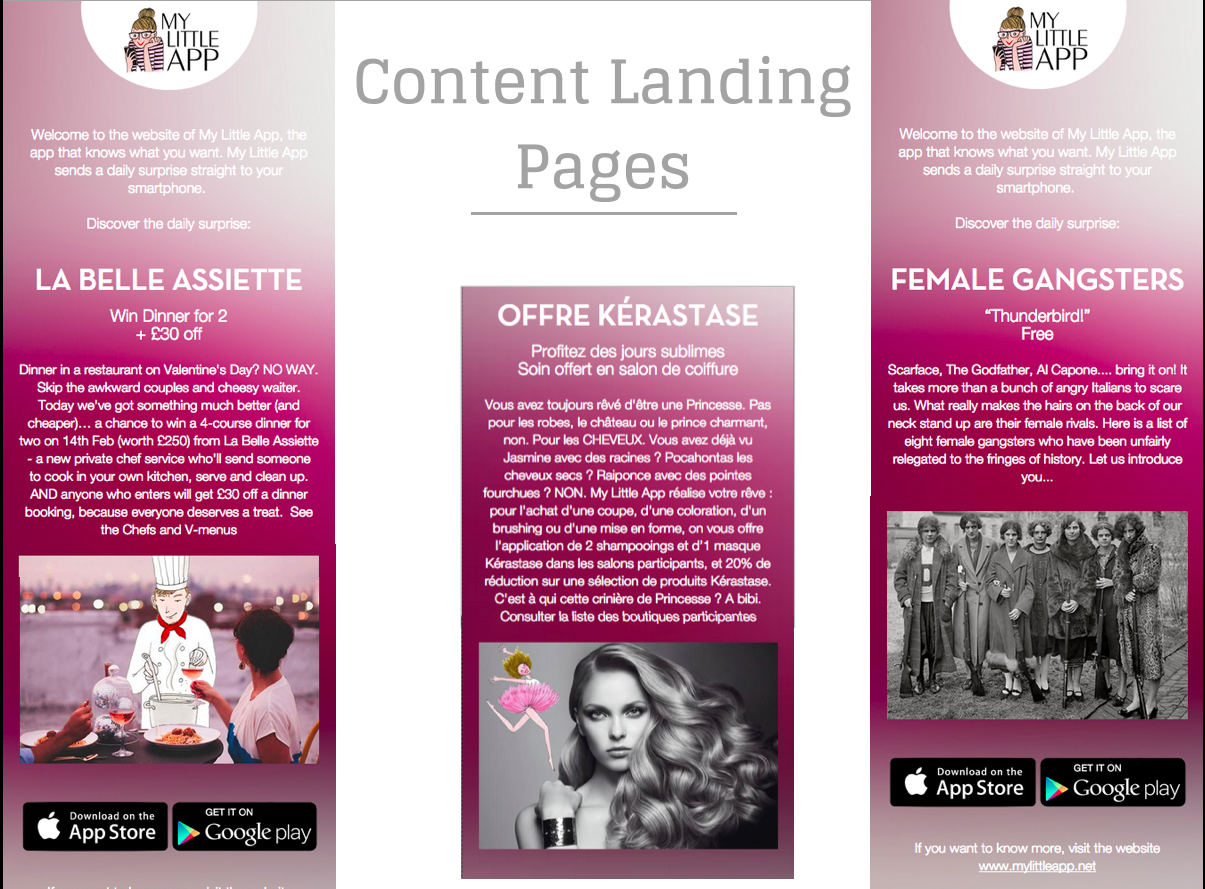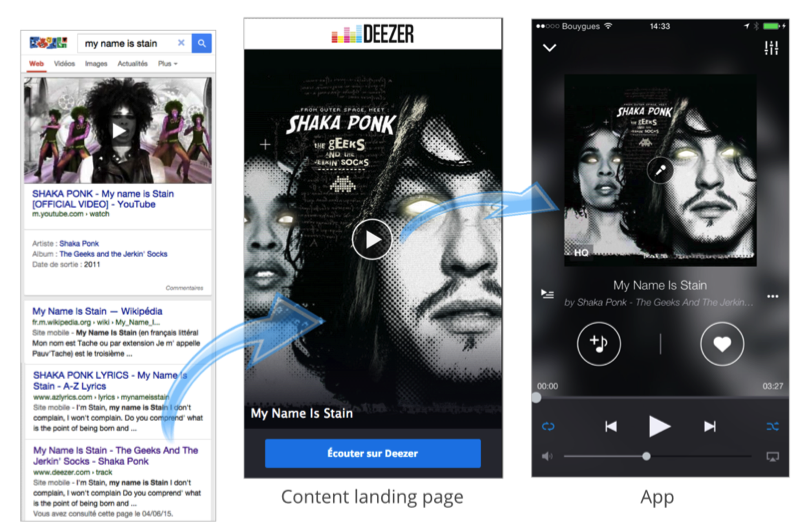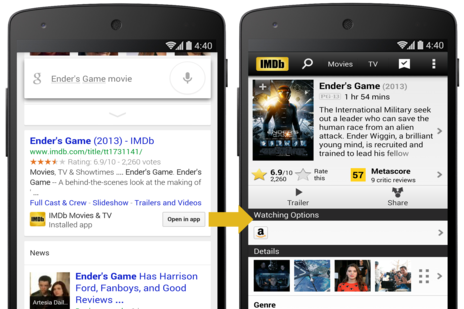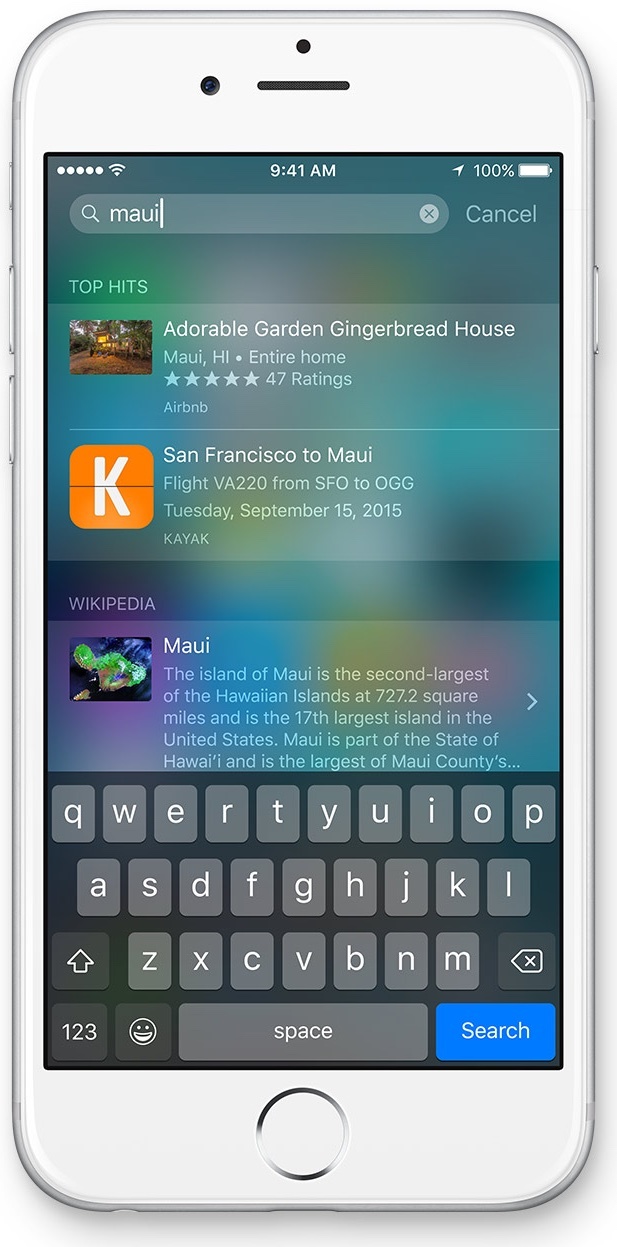This is a guest post written by Alex Jubien, an independent consultant for mobile strategy. He helps companies ranging from startups to large groups for which mobile is a key issue.
For the last six years, deep linking has been a subject I’ve passionately researched and pursued. And even recently, I published an article on deep linking to explain the reasons why I don’t recommend building it in-house anymore, along with the in’s and out’s of app indexing. They are strongly related subjects, for which having a good understanding of deep linking is crucial (in fact, deep linking is required for app indexing to work).
What is App Indexing?
You may already have a good understanding of what app indexing is, however, app indexing is still in its evangelization phase, and my hope is that this article will expose new people to this trending topic. I’d define app indexing as: a mechanism that allows exposure to app contents in search results, with direct access to the content. You search, you click a result link, and it opens the app directly on the result.
You might be asking yourself, “Why do we need this?” There are two main assets to showcase an app: a web landing page (with a description and a few screenshots) and the App Store’s pages. These are places where you describe what your app does and what’s inside.
Is that how the web works? Solely with descriptions of websites? Well, it used to work like this before Google existed: Altavista and Yahoo provided sorted listings of websites with descriptions. Then Google indexed all web pages so that you can find what’s really relevant for you.
It’s the same for apps, app indexing is all about app discovery: letting people discover your app based on what’s inside by exposing its contents upfront.
App Indexing in the Past
The first attempts to expose app contents happened on apps’ landing pages. For example, My Little App (the app of My Little Paris, providing deals in the city) started to showcase deals on their app landing page.
Then, they put in place mobile landing pages dedicated to a deal. Again, these pages are indexed and accessed through Google, allowing for app discovery.
But those pages were not allowing direct access to the content, which is what Deezer and Spotify did, with amazing results on acquisition and retention. At one point in France, if you searched for any artist or song, you obtained Deezer as a first result. Deezer indexes around 29 million pages. Some of these pages only triggered a few app downloads/new users. But there are a few different options, including Branch’s Journeys, for driving web traffic to your mobile app:
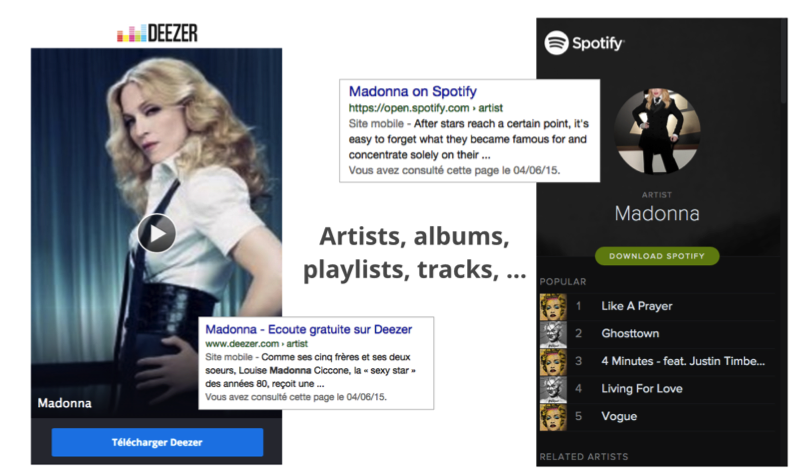
Workflow with a web landing page / indexing app content for SEO
Present of App Indexing
Google now provides tools and guidance for indexing contents of apps directly into Google search.
Apple also provides exposure to in-app contents through direct Spotlight Search (tech documentation), allowing developers to index content of their apps to be shown within search results.
As mentioned above, deep linking is a technical requirement for app indexing to work, so it’s no surprise that platforms that the ease of deep linking for you will also help with app indexing. These platforms facilitate implementation and integration of both mechanics, but more importantly, solve fragmentation. And which deep linking solution provider created a nice out-of-the-box approach that eases the whole app indexing process dramatically? Branch.
The Future of App Indexing
Google’s strategy is quite obvious regarding indexation of app contents: they want to match it with their existing search monopoly. This is particularly true because it provides them with their cash cow: paid keywords. In a sense, they don’t want things to change and they’ll do everything possible to commoditize what they lack (VisionMobile published a very interesting analysis of Google’s mindset regarding strategy). So, Google started to explore paid keywords for apps in the PlayStore. Expect them to be really pushy to make it work with apps’ contents.
And then, as voice recognition and voice search usage rates rise, it’ll open the door to paid voice keywords. In such a future, even outside of Android’s world, Spotlight search and Siri are not even real threats. Google has the benefit of both users’ habits and trust from marketers for their spending.
The Future of Mobile and Organic Search
So, a few years from now, as long as mobile remains our preferred access to the internet, we can expect our smart assistants to dig right into apps to solve our issues, “Hey Google, confirm the lunch with Mada from Branch on the 3rd. Book a table at a Sushi restaurant for 12:30 near their office.”
Once Branch’s address is retrieved thanks to the Google Maps app, a search for nearby “sushi restaurants” could be performed and booked with OpenTable. Inviting your contact with your preferred calendar app is then obvious. Searches will return the best web and app content, and either option will lead to a seamless mobile experience, whether in the app on or mobile web.
In fact, I can’t imagine, for now, what will be possible with these mechanisms in the future.

